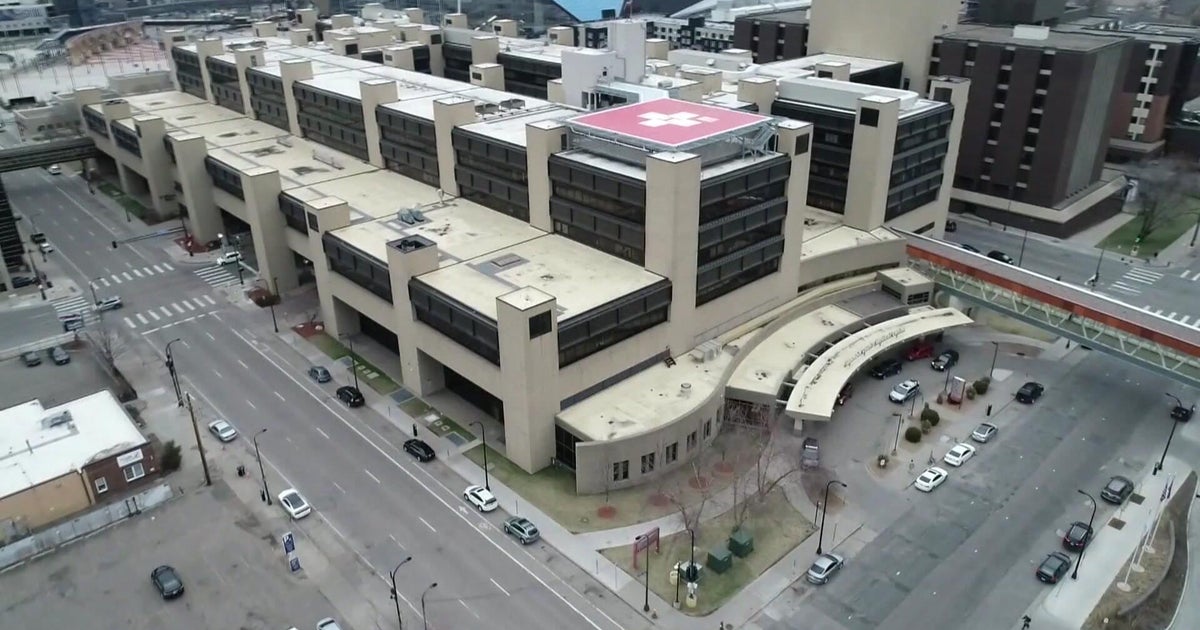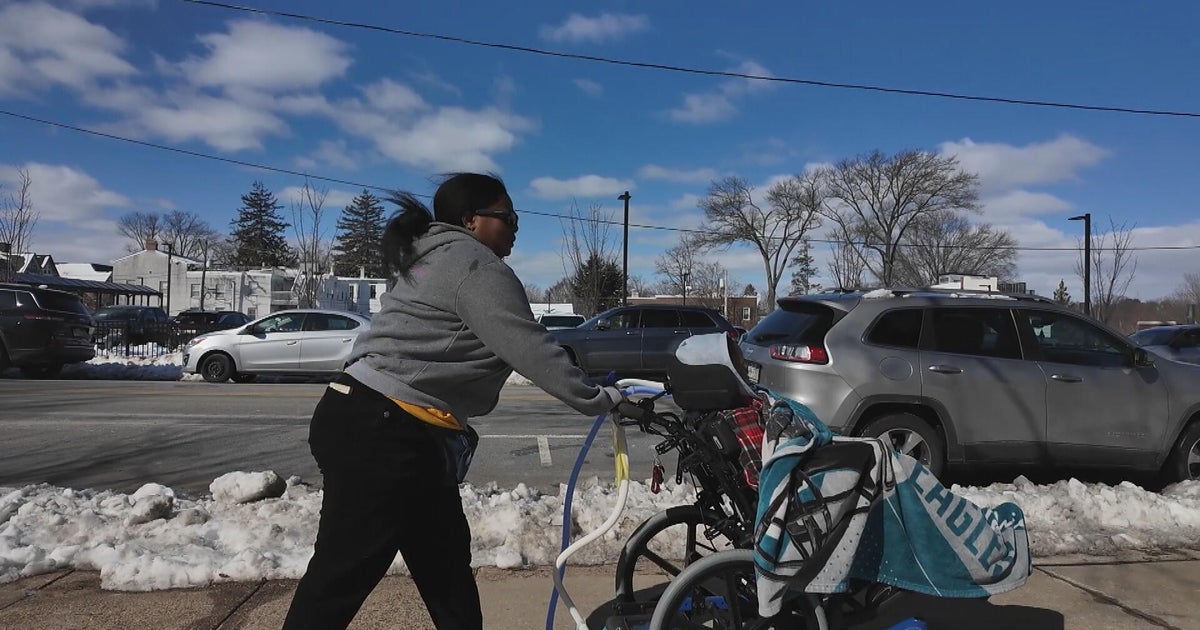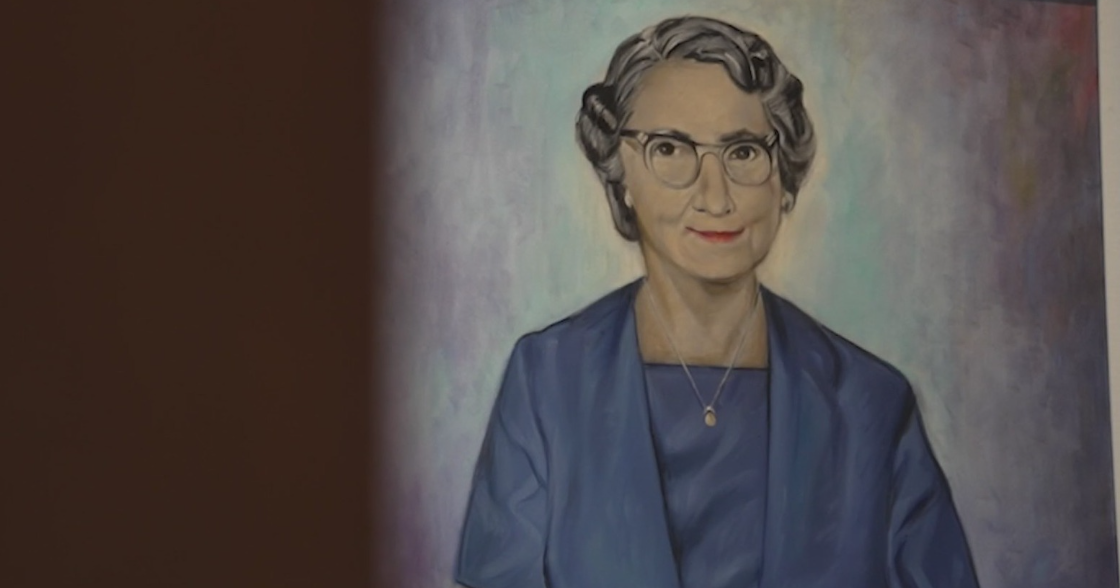Family Struggles With Complex System Of Autism Care
MINNEAPOLIS (WCCO) -- One in 68 children has autism. But in some Minnesota communities, kids are being diagnosed at a considerably higher rate -- and nobody knows why.
WCCO spent six months documenting what it's like for one Twin Cities family navigating a complicated system of care.
By now, Nick St. Sauver has grown used to the constant questions. As an 11-year-old, he has been asking them himself nearly his whole life.
"Why am I not like everyone else?" Nick said.
As a baby, Nick had trouble making eye contact, and as a toddler he struggled to string words together.
"I just knew to type in autism," said his mother, Tammy St. Sauver. "Of course, up came probably 30 symptoms and Nick probably had 25 of them."
Doctors determined the St. Sauvers' only child had autism by the time he turned 3.
"What you imagined your child's life is suddenly, that's all gone," Tammy said.
We first met the Andover family last spring to see the fight too many families are in.
"There's just not enough qualified help to take care of all of these kids," said Nick's father, Brett St. Sauver.
Like most kids with autism, Nick has another diagnosis. In his case, it's high anxiety.
"The car rides are not too good," Brett said.
There are debilitating fears of many common things, like everyday traffic – which makes mapping a course next to impossible.
"It's easier to just stay home," Brett said.
But Nick hits his biggest road block when he can't calm down, and his anxiety gets out of control.
"I've had some traumatic times with Nick," Tammy said.
That anxiety will often cause Nick to get physical with his parents and with himself.
"It's very difficult to hear your own son say, 'I don't want to have autism, I just wish I was dead,'" Brett said.
The fight costs the St. Sauvers at least $10,000 a year between support groups, medications and after-school therapies.
"Cross your fingers that insurance will pay," Tammy said.
But in many cases it doesn't. Brett cashed out his 401K years ago to be able to cover all the bills.
"It shouldn't be so hard, it shouldn't be so hard," Brett said.
Last winter, teachers could no longer control Nick at his elementary school. The day his parents were forced to pull him out for the year, they went to a hospital looking for immediate help.
"Nick and I will sit here in the emergency room until you find us a bed," Brett recalled saying at the hospital.
That wait went on for nine hours.
A report by the Department of Human Services last spring found Minnesota has a severe shortage of psychiatric beds for young patients -- the lowest number in 15 years.
But mental health experts don't believe adding more beds is the only answer, pointing to too few child psychiatrists and too little preventative care as even bigger problems.
Fraser's Autism Center of Excellence, Minnesota's largest autism service provider, has seen the demand for their services soar. Pat Pulice is the center's director.
"Parents need a lot of support during this process," Pulice said.
Fraser has worked to limit the wait time for some families. But Pulice says it's possible some families will still have to wait for six months to be seen as they work through a complex system of autism care in other systems.
"How can we get the school and the medical field and the community agencies to work together to provide a plan where everybody is on the same page?" Pulice asked.
She says it's critical parents remain persistent and develop a customized plan for their child.
"If you've seen one person with autism, you've seen one person," Pulice said.
Still in search of answers this past summer, Nick spent a month 90 miles from his parents at Northwest Passage in Webster, Wis. It's a treatment center that works with kids with a history of aggression. Ellen Race is the center's program director.
"Every day we get phone calls from families who don't know what to do," Race said.
Through one-on-one social connections, counselors focus on building confidence. A team examines Nick's behavior around the clock, arming his parents with better control techniques and a new understanding of their son.
"We're very excited to get him home, can't wait," Brett said.
But as the weather starts to cool, so have those high hopes. Nick hasn't been able to get the daily therapy that Wisconsin doctors recommended.
"The plan was not followed," Brett said.
Under Minnesota guidelines, Nick is only approved for a few hours of services per week.
"It's really frustrating. We've worked really, really hard to get where we're going," Brett said. "We want the best outcome for Nick."
Tammy and Brett's marriage has also been affected. They separated for more than a year due to all the stress, but they are back together again.
It got so bad again last week with Nick that his parents called 911. Sheriff's deputies had to help get him to school that day.
If you are dealing with trying to get the best-possible treatment for a loved one with autism, visit Fraser's Autism Center of Excellence's website.







